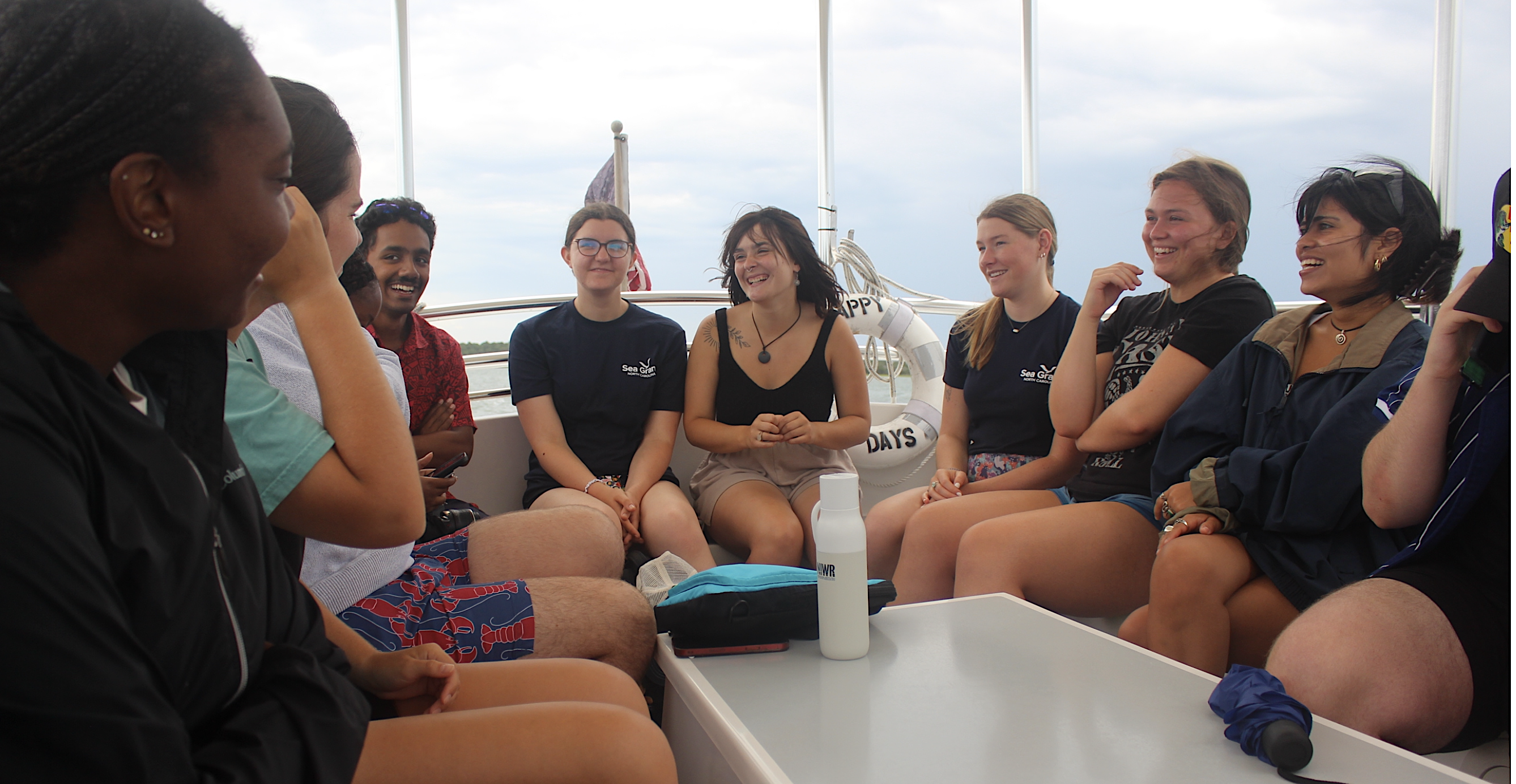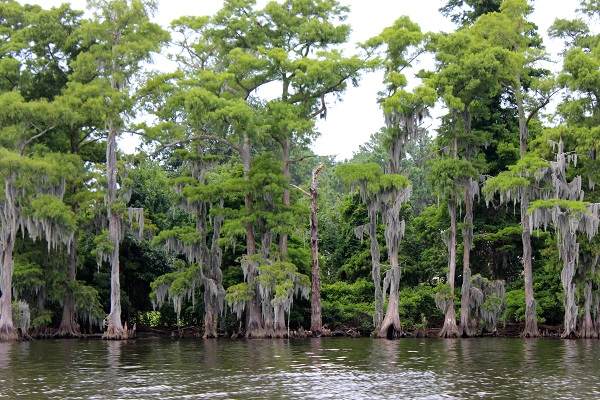NC Sea Grant and Fathom Science Launch Joint Marine Debris Tracking and Removal Initiative Funded by NOAA

FOR IMMEDIATE RELEASE
Contact: Susan White, snwhite3@ncsu.edu
North Carolina Sea Grant Office and Fathom Science are proud to announce the launch of an innovative joint project aimed at addressing the growing problem of marine debris and plastic pollution in the coastal ocean. The project, funded by the National Oceanic and Atmospheric Administration (NOAA), will employ cutting-edge ocean modeling, satellite imaging, and machine learning to track and mitigate marine debris, with a special focus on plastic pollution.
Fathom Science is a North Carolina-based technology spinoff from North Carolina State University, specializing in ocean intelligence and marine risk prediction. Fathom Science integrates satellite remote sensing, ocean modeling, and machine learning to provide advanced solutions for environmental challenges.
The project is titled “Tracking Suspected Human-sourced Marine Debris and Suspected Plastics via Ocean Modeling, Satellite Imaging, and Machine Learning (TRASH DiSPOSAL). TRASH DiSPOSAL will leverage North Carolina Sea Grant’s robust community engagement and educational outreach capabilities to enhance the effects of Fathom Science’s expertise in remote sensing and ocean prediction. The initiative aims to provide accurate, actionable data on the locations of marine debris, enabling faster and more efficient cleanup efforts.
“We’re excited to bring new technological solutions to a critical environmental issue,” says Naz Chaichitehrani, co-principal investigator and scientist at Fathom Science. “By integrating satellite data and advanced ocean modeling, we will be able to predict the movement of marine debris, offering real-time solutions that can be scaled globally.”
The project will run through September 2027 and will also feature the development of an interactive web-based dashboard that will visualize marine debris locations and forecast their movements up to seven days in advance. This publicly accessible tool will empower coastal communities, boaters, and organizations to actively participate in debris removal efforts, creating a science-driven community initiative to combat marine plastic pollution.
“This partnership highlights the power of collaboration between science and community engagement,” says Susan White, NC Sea Grant’s executive director. “By combining our resources and knowledge, we will not only improve marine health but also raise awareness and involve local communities in addressing this global challenge.”
The project budget, totaling nearly $1.7 million, is a testament to the importance and scale of this effort.
- Categories:


